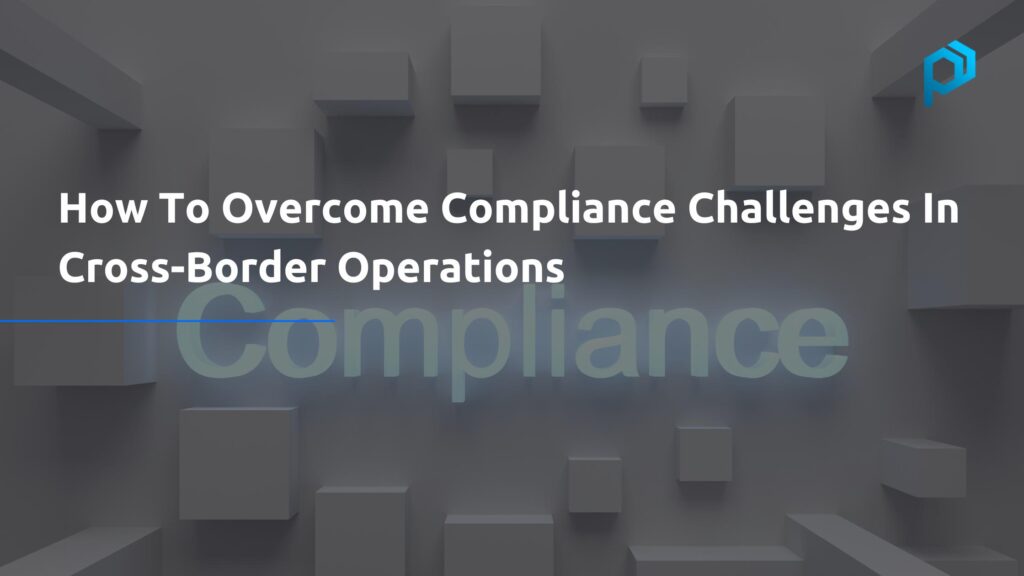6 Strategies To Identify & Hire Top Talent In Competitive Industries
In today’s evolving business landscape, especially with the boom in global expansion and business process management, the ability to hire top talent can make or break a company’s success. As sectors become more competitive, the challenge intensifies. Companies must adapt and evolve to stay ahead. But how do you ensure you’re attracting and hiring the very best? Here are six key strategies to guide your hiring process.
How To Hire Top Talent
Building an Employer Brand that Stands Out:
It’s no secret that top candidates are attracted to companies with strong reputations. Developing a strong employer brand is akin to crafting a compelling story; it’s what makes your company unique and attractive. Showcase your company’s culture, values, and mission. Companies that are seen as an employer of record often stand out in the crowded job market. The benefits of EOR, such as streamlining administrative tasks and ensuring compliance in global expansion efforts, further enhance a company’s attractiveness.
Tailoring Recruitment Strategies to the Industry:
Each industry has its quirks, needs, and culture. Recognizing these nuances and tailoring your recruitment process accordingly can significantly impact your ability to hire talent. For instance, a tech startup might focus on showcasing its innovative tech stack, while a finance company might emphasize its growth trajectory and stability.
Leveraging Technology and Data for Precise Hiring:
With advancements in AI and analytics, businesses can now make data-driven decisions in their recruitment processes. This means understanding what works and what doesn’t in real-time, ensuring recruiting top talent effectively. It goes beyond traditional hiring methods, making room for strategies like skills first hiring. Such an approach prioritizes the key skills a potential employee brings, ensuring that they’re a perfect fit for the role and the company.
Creating an Exceptional Candidate Experience:
The hiring process shouldn’t just be about assessing the candidate—it should also serve to impress them. From the first touchpoint to the final interview, ensuring a smooth, respectful, and engaging process can greatly influence a candidate’s decision, making it easier for you to attract top talent.
Prioritizing Diversity and Inclusion in Hiring:
In today’s world, diversity and inclusion aren’t just buzzwords—they’re essential components for a successful and innovative workforce. Companies that embrace a diverse talent pool are often better poised to solve complex challenges and cater to a global audience. This goes beyond just gender or ethnicity; it’s about experiences, backgrounds, and unique perspectives.
Navigating Salary and Compensation Challenges:
With the ongoing talent shortage, it’s essential to offer competitive compensation packages. However, it’s not just about the money. Benefits, work-life balance, growth opportunities, and other non-tangible perks play a crucial role. Understanding what your industry’s top talents are looking for and balancing that with your company’s capabilities can make the difference in hiring best talent.
Conclusion
The journey to attract and hire top talent in competitive industries is paved with challenges, but with the right strategies in place, it’s entirely achievable. Embrace the power of branding, the capabilities of technology, and the importance of an inclusive and attractive company culture. In doing so, you’ll not only enhance your recruitment process but also ensure the sustained growth and success of your organization.
6 Strategies To Identify & Hire Top Talent In Competitive Industries Read More »



